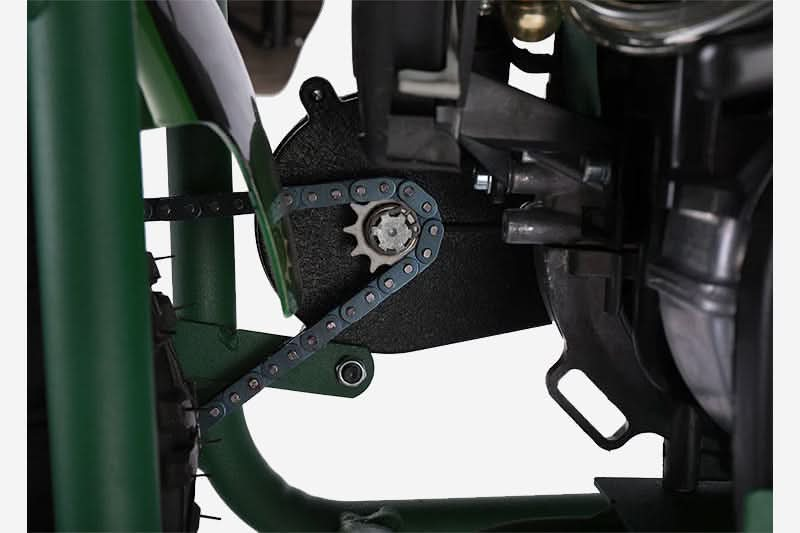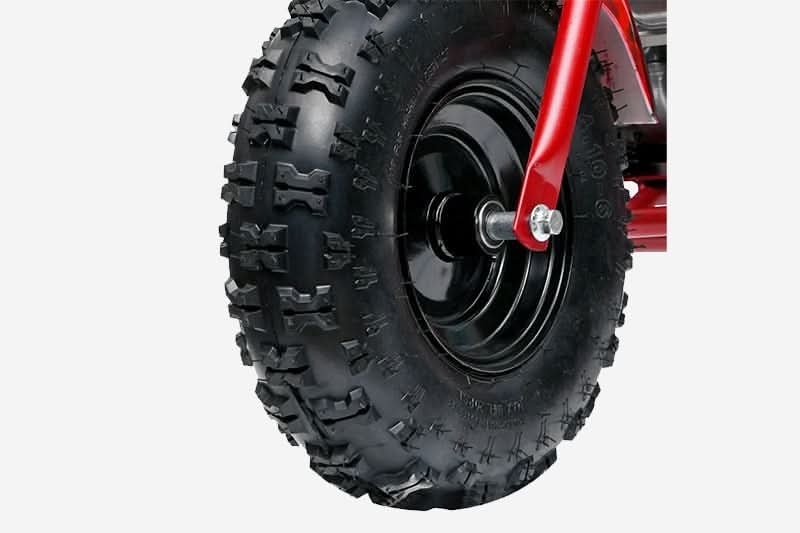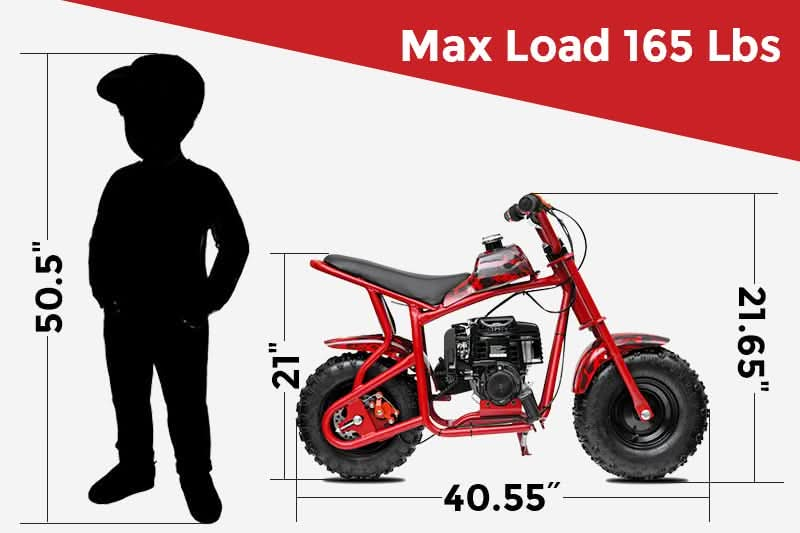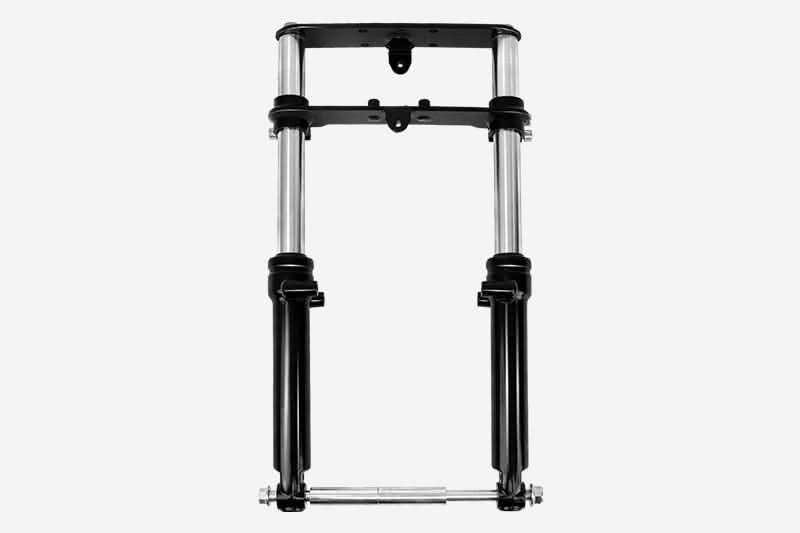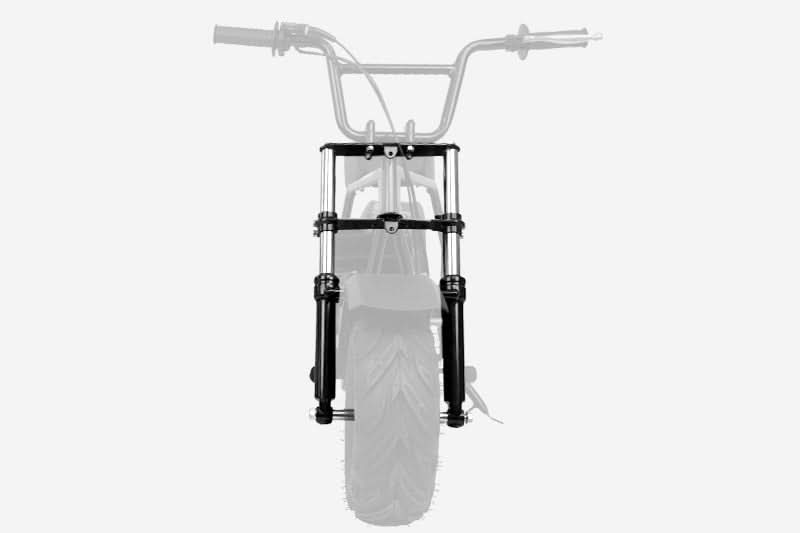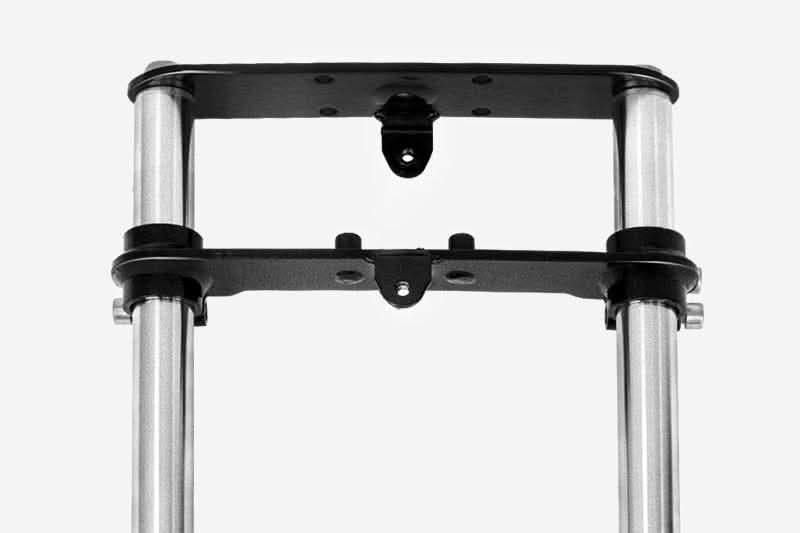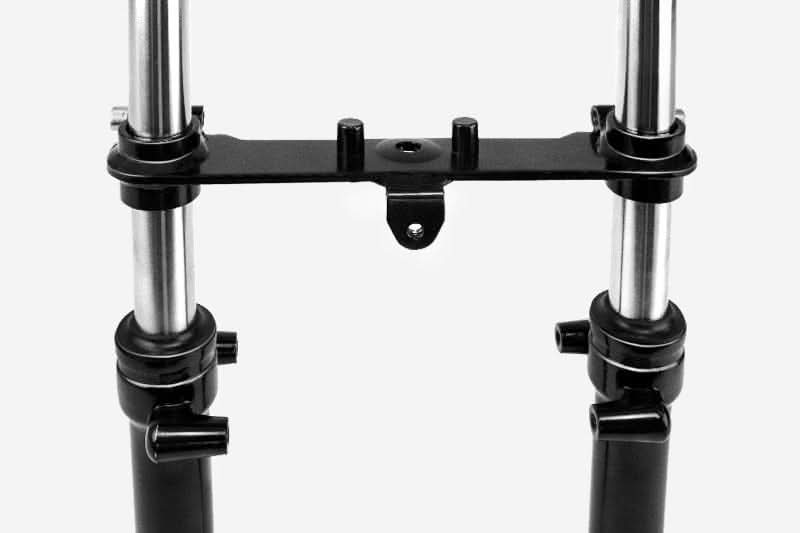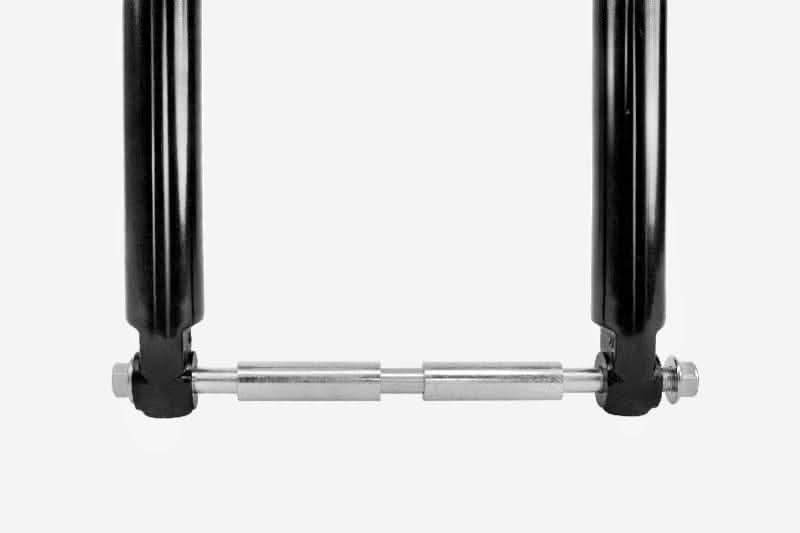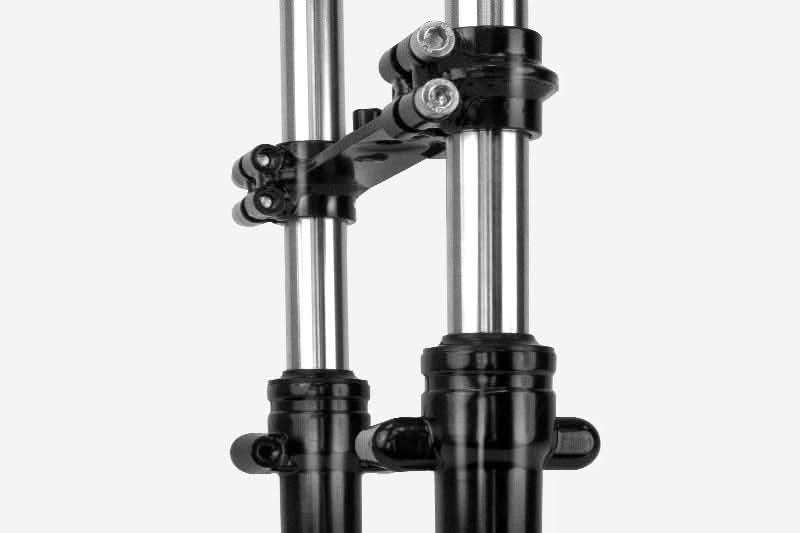How Dirt Bike Riding Helps Kids Build Resilience
Dirt bike riding, a thrilling outdoor sport, offers far more than mere entertainment for kids. Specifically, activities such as riding a kids dirt bike, mini dirt bike, or youth dirt bike present an effective and engaging method of fostering resilience.
Resilience—the capacity to bounce back from adversity has been identified as a key characteristic of emotional health and success in life.
Let's look into the ways dirt bike riding helps children develop this vital quality.
Overcoming Challenges
Dirt bike riding, especially with a kids dirt bike, presents numerous opportunities for children to face and conquer difficulties, hence cultivating their resilience.

Facing Fear and Adversity
Riding a kids dirt bike or a mini dirt bike for the first time can be an intimidating experience for many children. The sheer power of the engine, the height of the bike, and the prospect of maintaining balance can indeed induce fear and anxiety.
When children are guided and encouraged to push past their fear of getting on the bike, kick-starting the engine, and gradually learning to control the speed and balance they begin to understand that they can face and overcome adversity. With every successful ride, they overcome another layer of fear, bolstering their resilience.
Moreover, riding a kids dirt bike outdoors exposes children to various environmental factors, such as uneven terrains, sudden weather changes, or navigating around obstacles.
Developing Perseverance
Dirt bike riding, like any other skill, requires significant practice, patience, and tenacity. In the beginning, children may struggle with controlling the bike, falling off, or failing to achieve the speed or precision they desire.
The kids dirt bike may seem daunting at times, and setbacks may dishearten them.
When children continue to practice despite the setbacks picking themselves up after every fall, dusting off, and climbing back onto the bike they learn an invaluable lesson in perseverance.
They come to realize that progress requires time and consistent effort, and setbacks are just stepping stones on the path to mastery.
Building Confidence
Confidence is a significant factor in resilience, and dirt bike riding, especially on a youth dirt bike, offers abundant opportunities for children to build this essential attribute.
Mastering New Skills
When a child first hops on a mini dirt bike, they are often overwhelmed by the myriad of new skills they need to master: balancing, controlling speed, steering, navigating different terrains, and performing various maneuvers.
At first, even simple tasks like maintaining balance on the mini dirt bike or steering the youth dirt bike in the right direction can seem challenging. They learn to ride without assistance, perform their first successful jump, or navigate complex terrain.
Each new skill mastered gives children a sense of achievement, bolstering their confidence. As they witness their own progress, children begin to believe more in their capabilities, thereby enhancing their self-esteem and resilience.
Setting and Achieving Goals
Goal-setting is a major part of dirt bike riding. Children might set goals related to their speed, the complexity of the maneuvers they can perform, or their performance in dirt bike races.
These goals could be as simple as staying balanced on the mini dirt bike for a certain amount of time, or as ambitious as winning a local youth dirt bike race.
As kids work towards these goals, overcoming challenges and setbacks along the way, and eventually achieving them, they gain a sense of accomplishment that significantly boosts their confidence. They learn that with hard work and determination, they can achieve what they set their minds to.
Emotional Regulation
Dirt bike riding, whether on a mini dirt bike or a youth dirt bike, offers children rich, hands-on experiences that significantly enhance their emotional regulation abilities an essential part of resilience. This regulation refers to how effectively individuals can manage and respond to an emotional experience.
Dealing with Frustration and Mistakes
Learning to ride a mini dirt bike comes with its fair share of frustrations and mistakes. From trying to figure out the controls, and learning to balance, to attempting more complex maneuvers, children will inevitably face obstacles and setbacks.
These instances can stir up a host of emotions, including frustration, disappointment, and even anger. They learn to identify their emotions, understand what caused them, and find productive ways to express and manage them.
For instance, a child might initially react to a fall by throwing a tantrum or wanting to quit. Yet, with guidance and time, they can learn to take deep breaths, understand the cause of the fall, and approach the situation with a calm, problem-solving mindset.
Handling Pressure
The thrill of dirt bike riding, particularly when it comes to races or tackling challenging terrains, can exert significant pressure on kids. The desire to perform well, fear of failure or falling, and the adrenaline rush that comes with the sport can create intense emotional experiences.
Riding a youth dirt bike in these situations helps kids learn to cope with stress and perform under pressure. They acquire coping mechanisms such as focusing on the task at hand, maintaining a positive mindset, and using the adrenaline rush to their advantage.
Kids also learn to prepare themselves mentally for the race or the challenging ride ahead, equipping them with the skills to handle stressful situations in other areas of life.

Learning from Failure
Riding a kids dirt bike or a youth dirt bike involves much more than simply mastering balance and speed. It’s also about understanding and embracing the integral role of failure in the learning process.
Embracing Failure as a Learning Opportunity
In the world of dirt bike riding, falling off the bike is part of the journey. Children might experience a multitude of failures, from minor tumbles.
When learning to balance a kids dirt bike, to more significant crashes when trying complex maneuvers on a youth dirt bike. It is through these falls, however, that children learn and grow the most.
Children are taught that each fall or failure is a chance to learn something new about their riding style, the bike, or the terrain. They might learn to adjust their balance, improve their grip, or approach a jump differently next time.
This attitude toward failure encourages kids to view mistakes as stepping stones to success, rather than as roadblocks.
Resilience in the Face of Setbacks
Even the most experienced riders fall off their dirt bikes now and then. What’s important is not the fall, but how they respond to it. The same principle applies to children learning to ride a kids dirt bike or a youth dirt bike.
Resilience isn't just about avoiding failures or setbacks; it's about learning how to recover from them. Dirt bike riding teaches children this crucial life skill.
After a fall, kids learn to get back on their dirt bike, often with renewed determination and a better strategy. This action reinforces the notion that setbacks are temporary and that it's possible to bounce back, stronger and wiser.
Bottom Line
The benefits of dirt bike riding go far beyond physical activity. Whether on a kids dirt bike, mini dirt bike, or youth dirt bike, kids can develop a range of skills and qualities from overcoming challenges and building confidence.
So let's encourage our children to strap on a helmet, hop on a bike, and face the ride head-on, knowing they're building resilience with each turn of the wheel.




































